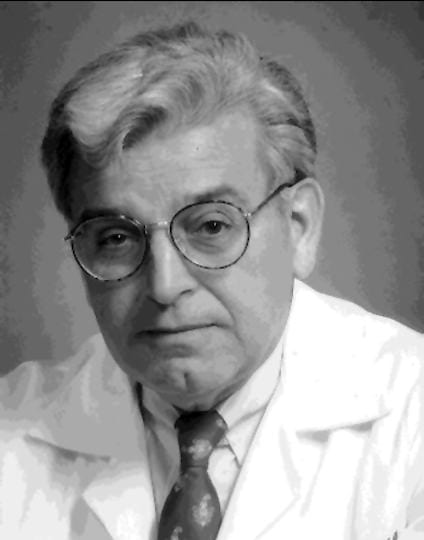
Avioli was internationally recognized as one of the leading medical authorities on osteoporosis and calcium metabolism. He pioneered research into the skeleton and enhanced our understanding of bone cell structure and function. He developed methods for detecting vitamin D in the blood and helped clarify its role in regulating calcium metabolism. His research led to the recognition of the causes of osteoporosis and the development of widely used treatments for bone loss in postmenopausal women and the elderly.
His impact on the field and on people afflicted with bone diseases extended beyond his original research as the founder (1979) of the American Society for Bone and Mineral Research and as a mentor to many leaders in the field. He was devoted to graduate education and contributed to the training of more than 120 research fellows from the United States, Australia, New Zealand, England, Israel, Italy, Brazil, Argentina, Taiwan, South Africa, Denmark and Spain.
He was an inspiring lecturer and a passionate advocate for the best of science. Avioli wrote or co-authored more than 300 scientific articles and research papers during his career. He contributed to more than 100 books and edited volumes, along with three editions of Metabolic Bone Disease and Clinically Related Disorders.
He was twice selected one of the 120 best doctors in the United States, and served as contributing editor to many scientific journals, including the Journal of the American Medical Association, The American Journal of Medicine and the Archives of Internal Medicine. He was editor-in-chief of Calcified Tissue International from 1979 until his death.
Avioli served on the NASA Skylab Project, The Endocrine Society Council, the board of the Paget’s Disease Foundation, and as a consultant to the Public Health Services of China, Finland, Australia and Canada. Among his awards were the Andre Lichtwitz International Prize, the William F. Neuman Award from the American Society of Bone and Mineral Research, the Robert H. Williams Distinguished Leadership Award from the U.S. Endocrine Society and the Peter H. Raven Lifetime Achievement Award from the Academy of Science of St. Louis.
Avioli was a magna cum laude graduate of Princeton University. He received a medical degree from Yale University in 1957 and trained at the University of North Carolina at Chapel Hill and the National Institutes of Health before joining the faculty of the New Jersey College of Medicine in 1961. Recruited by David Kipnis, Avioli came to Washington University as an assistant professor of medicine in 1966 and remained here for the rest of his career. He served as director of endocrinology at Jewish Hospital from 1968 to 1993 and director of the division of bone and mineral diseases from 1971 until his death.